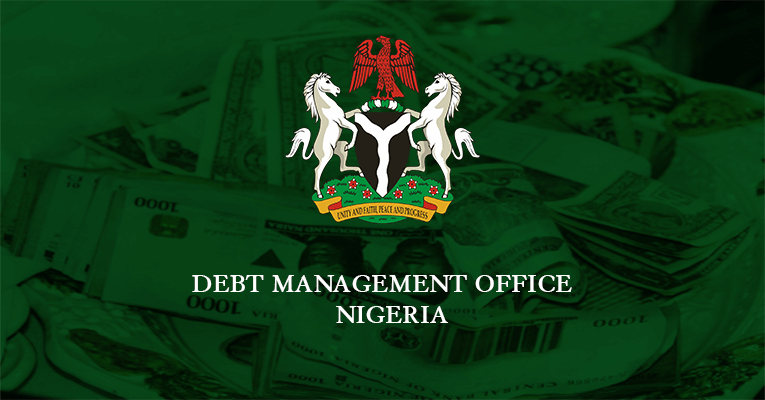The Federal Government on Wednesday finalised plans to request another fresh external loan of $247.3m despite mounting debt profile and initial warning by the International Monetary Fund (IMF) for the country’s leaders to avoid borrowing for now if possible.
TheNewsGuru (TNG) reports that the country’s current debt stood at N24.38tn.
The Federal Executive Council made the approval at its sitting in Abuja on Wednesday.
Briefing State House correspondents after the meeting rose, the Minister of Finance, Mrs Zainab Ahmed, gave a breakdown of the fresh loan.
She stated that $150m would come from the African Development Bank, to be spent specifically on rural electrification projects; $50m from Africa Grow Together Fund for other electrification projects; and $20m from French Development Agency, which would be loaned to the Lagos State Government.
Lagos plans to use the $20m to build new roads and rehabilitate existing ones.
Another $27.3m IADE facility was approved as part of the ‘North Core Dorsal Regional Transmission Project.’
This will be part of the West Africa Power Pool projects with a total loan requirement of $640m.
The minister explained that the projects were to connect Nigeria, Niger, Benin Republic, Togo, and Burkina Faso “with a high voltage 330 kilowatts transmission line, to facilitate energy trade among participant countries.”
The minister, who gave more details on the approvals by FEC, said, “Council approved three memos for Ministry of Finance. First, it approved a $150m loan facility from AfDB and $50m loan from African Grow Together Fund to finance the Nigerian electrification project. The project is a nationwide initiative to be implemented by the rural electrification agency.
“The project aligns with the strategy of the Federal Government on electrification of rural communities. The project has four components: First is solar hybrid mini-grid for rural economic development, the second is productive appliances equipment for up-grid communities, and the third is energising education while the fourth component is institutional capacity building.
“The impact of the project when fully implemented, about 500,000 people will be able to have access to electricity for about 105,000 households. The maximum power that will be generated will be 76.5 megawatts installed generating capacity part of which is 68,000 megawatts of solar.
“Eight universities will benefit from this scheme and about 20,000 small, micro, medium enterprises across different communities in the nation.
“The second approval is the North Core Dorsal Regional Transmission Project. This is a project that is part of the pipeline for the West Africa power pool priority projects. The intention is for the creation of a regional power pool in the region of West Africa. The pool project aims to connect Nigeria, Niger, Benin Republic, Togo, and Burkina Faso with a high voltage 330 kilowatts transmission line, to facilitate energy trade among participants.
“The project is in the total sum of $640m, out of which each of the four countries involved has a component. Nigeria has the smallest component in this pact, which is a total loan of $27.3 m IADE facility, a concessionary loan. This is a loan that the four countries are taking together; the other three countries have concluded theirs. So, this is one of the final stages for Nigeria to conclude its process.”

